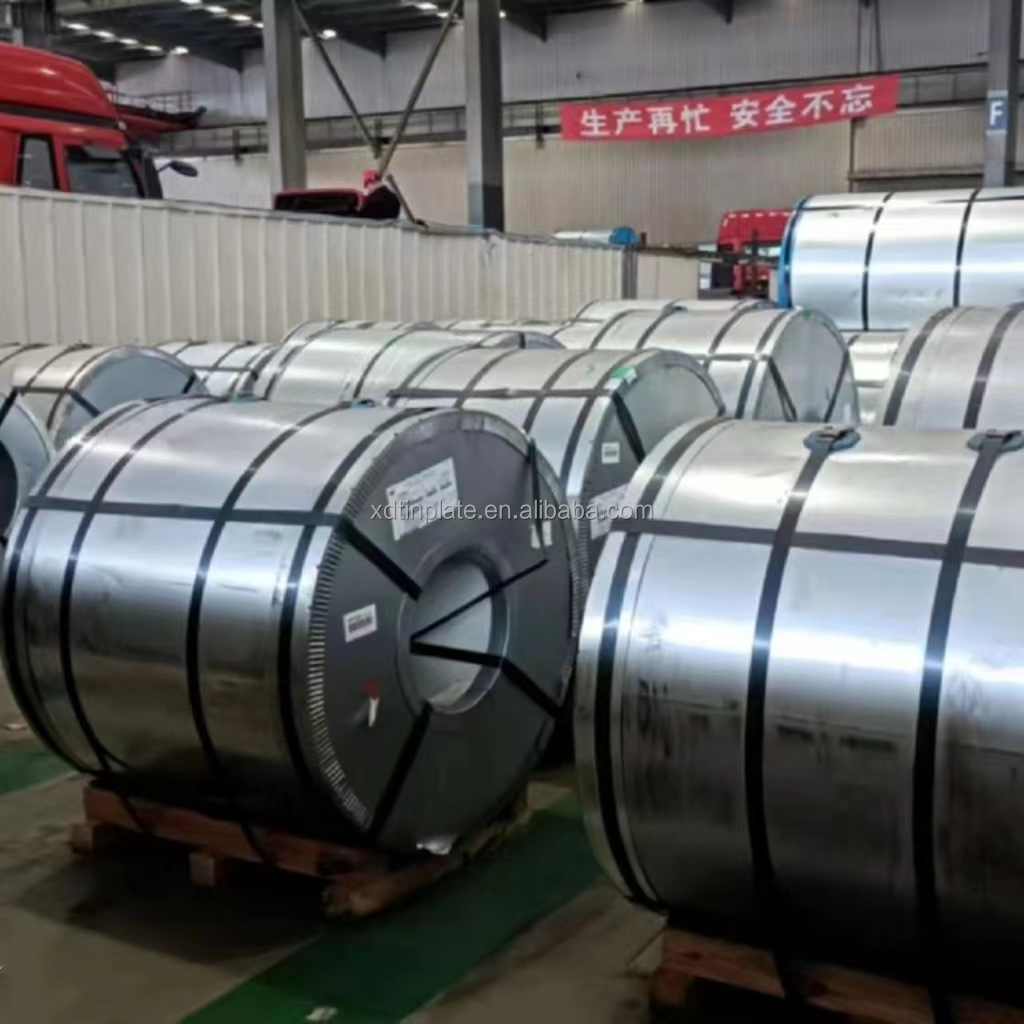
Nov . 10, 2024 20:15 Back to list
Exploring the World of Tin Can Coffee Production and Its Impact on Sustainability
The Rise of Tin Can Coffee Factories A Sustainable Brew
In recent years, there's been a noticeable shift in the coffee industry towards sustainability and innovative packaging solutions. Among these, tin can coffee factories have emerged as a unique and environmentally friendly trend. This article delves into the significance of tin can coffee, its production process, and its impact on coffee culture globally.
A Brief Overview of the Coffee Industry
Coffee is one of the most consumed beverages in the world, with millions of people relying on it as a daily staple. Traditionally, coffee has been sold in bags or plastic containers, which often lead to considerable waste. With increasing awareness about environmental issues, the industry is seeking more sustainable alternatives. Enter tin can coffee factories, which are redefining how we think about both coffee packaging and consumption.
The Benefits of Tin Cans
Tin cans, typically made from steel and coated with a thin layer of tin to prevent rusting, have several advantages over other forms of packaging. Firstly, they are highly recyclable. In fact, steel can be recycled indefinitely without losing quality. This aligns with the growing consumer demand for more sustainable products and practices in the food and beverage sector.
Secondly, tin cans provide superior protection against light and air, two major factors that compromise coffee quality. Unlike plastic or paper, which can allow oxygen in, tin cans seal tightly, preserving the freshness and aroma of the coffee. This ensures that consumers enjoy the rich flavors intended by the roasters, leading to higher customer satisfaction.
The Production Process
The production of tin can coffee involves several steps. It begins at the coffee farm, where coffee beans are harvested, processed, and roasted. Once roasted, the beans are ground to the desired coarseness. In a typical tin can coffee factory, coffee grounds are then packaged directly into cans, minimizing exposure to air and light. Many factories adopt innovative techniques, such as nitrogen flushing, to further enhance freshness before sealing the cans.
tin can coffee factories

After packaging, the cans are printed with high-quality graphics and information about the coffee, such as its origin, flavor profile, and brewing recommendations. This branding not only attracts customers but also educates them about the importance of sustainability and the benefits of choosing tin can coffee over traditional packaging.
The Market Appeal
The market for tin can coffee is rapidly expanding. As consumers become more environmentally conscious, they are increasingly looking for products that align with their values. Tin can coffee appeals not only to eco-friendly consumers but also to coffee enthusiasts who are interested in exploring new flavors and brewing methods.
Moreover, tin cans are also convenient for on-the-go lifestyles. Travelers and commuters can easily carry a can of coffee wherever they go, making it an attractive option for those seeking a quick caffeine fix. The durability of tin cans means they are less likely to break than glass containers, adding to their practicality.
Challenges and Future Prospects
While the tin can coffee trend is promising, there are challenges to overcome. Sourcing sustainable materials and ensuring that the manufacturing processes remain environmentally friendly are ongoing concerns. Additionally, the industry must address the perception that canned coffee may not be as premium as other forms of packaging.
However, with the right marketing strategies and an emphasis on quality, the future looks bright for tin can coffee factories. As the demand for sustainable products continues to grow, we may see more brands adopting this innovative packaging model.
Conclusion
Tin can coffee factories represent a significant evolution in the coffee industry, offering an eco-friendly alternative that does not compromise quality or flavor. As we move towards a more sustainable future, these factories hold the potential to reshape coffee culture, making it not only a delicious indulgence but also a responsible choice for consumers. With increasing awareness and curiosity surrounding this new trend, tin can coffee may very well be brewing up the next big thing in the global coffee market.
-
Cost-Effective Tram: GPT-4 Turbo AI Savings
NewsAug.03,2025
-
New Energy Vehicles with GPT-4 Turbo AI
NewsAug.02,2025
-
Premium 26 Gauge Galvanized Steel Coil Maker | Quality
NewsJul.31,2025
-
GPT-4 Turbo New Energy Vehicles: AI-Driven Efficiency & Smart Mobility
NewsJul.31,2025
-
Electric Vehicles for Sale: New Cars, Used Cars & NIO ES8 Offers
NewsJul.30,2025
-
BYD New Energy Vehicles: Innovative New Cars for a Greener Future
NewsJul.29,2025